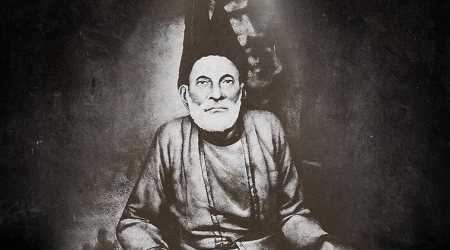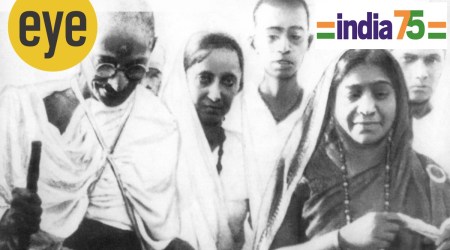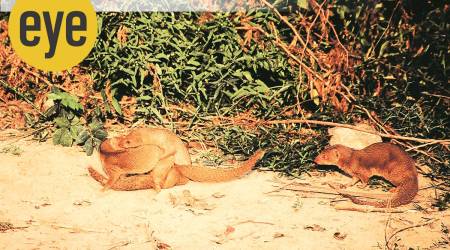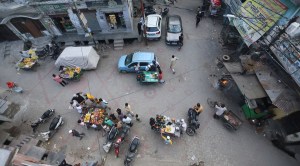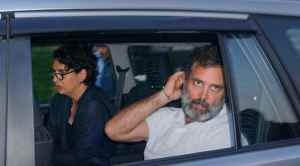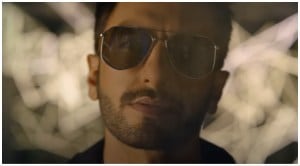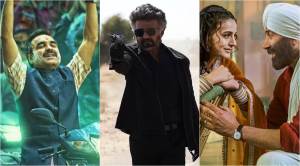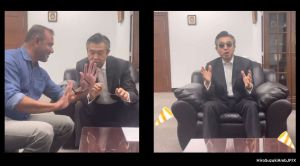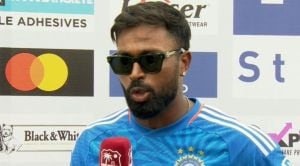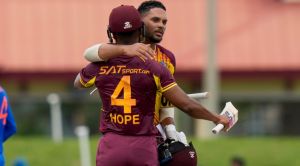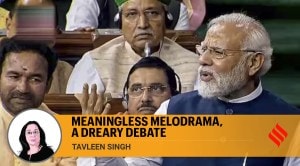Tota Roy Chowdhary on Rocky Aur Rani: ‘Had to do this for all artistes who are catcalled for not conforming to traditional concepts of masculinity’
How the Bengali actor, who plays Alia Bhatt’s father in Karan Johar's Rocky Aur Rani Kii Prem Kahaani, shrugged off his macho image to embrace his feminine side
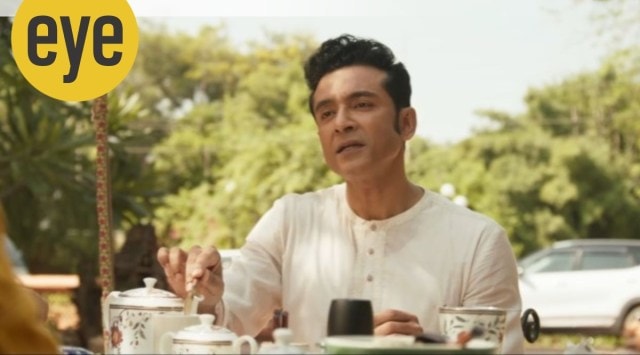 Actor Tota Roy Choudhury plays the role of Alia Bhatt's father in Rocky Aur Rani Kii Prem Kahaani.
Actor Tota Roy Choudhury plays the role of Alia Bhatt's father in Rocky Aur Rani Kii Prem Kahaani. You may know him as Alia Bhatt’s sensitive, in-touch-with-his-feminine-side, kathak dancer father in Rocky Aur Rani Kii Prem Kahani, but Tota Roy Chowdhury cannot help but chuckle at the irony of fate. The actor was denied romantic leads in the early years of his career in the Bengali film industry because he was considered “too macho”. “Because I was always athletic, I did not fit into the image of the chocolate-boy hero of Bengali cinema of that time. That’s why I was always cast as the antagonist or the second lead,” says Tota Roy Chowdhury, 47, whose phone hasn’t stopped ringing since the film released on July 28.
Chowdhury, who will complete 30 years in the Bengali film industry this year — his debut feature Duranta Prem released in 1993 — has no qualms in admitting that his career wasn’t planned at all. Rocky Aur Rani… required a simple audition and a phone call, but his first “big-league” film, Rituparno Ghosh’s Chokher Bali (2003), where he was cast opposite a luminous Aishwarya Rai, almost didn’t happen to him because he was considered too “mainstream” by Ghosh’s assistants. “Apparently, they all advised him not to cast me, but Rituda (Ghosh) was adamant. He had to silence them by saying that they can’t possibly have a better understanding of cinema than him,” says Ghosh.
Chowdhury, who belongs to a business family of Kolkata, was in college when he was offered the role of the antagonist in his debut feature. National Award-winning director, Prabhat Roy, had seen his photos somewhere and had decided that Chowhury needed to be in front of the camera. “I realised that I wanted to give this a chance and for that I needed to keep honing my craft,” says Chowdhury.
For a few years, Chowdhury played second lead in films starring superstars of Bengali cinema like Prosenjit Chatterjee and Ranjit Mallick, before Rituparno Ghosh spotted him in a blockbuster mainstream hit of the 1990s, Anjan Chaudhury’s Puja. “He told me he saw potential in me. Much of what I am is because of him. He always advised me to surrender to the director’s vision. That’s what I did when I played Behari in Chokher Bali. That’s what I did when I played Chandan Chatterjee in Rocky Aur Rani…,” says Chowdhury.
Rocky Aur Rani… is not Chowdhury’s first brush with Bollywood. He has starred in some fairly big films like Kahaani 2 (2016) and Helicopter Eela (2018), but he never got the adulation that Rocky Aur Rani… got him. His Bengali film career, too, has been characterised by giddy highs followed by lulls. “One can never tell why this happens. I starred in some wonderful Rituparno Ghosh films and then did some commercial Bengali films, too, and then there was a lull. There was a phase when people didn’t know where to bracket me, because I could no longer play really young characters yet I was physically too fit to play ‘father’ roles,” says Chowdhury.
The “father” he plays in Rocky Aur Rani… is definitely his most favourite, primarily for one standout sequence. And it’s not his jugalbandi song with Ranveer Singh. “The scene where I dance in the sangeet ceremony and am shamed is special to me because I knew I had to do this not just for myself, I had to do this for all performance artistes who are catcalled for not conforming to traditional concepts of masculinity. For all my make-up artiste friends, my designer friends who were questioned by society for not living up to conventional standards, I have seen their suffering. I wanted to do this for them,” says Chowdhury.
In his recent interviews, Karan Johar has admitted that he channelised all the shame he felt as an effeminate man while writing that scene. Was Chowdhury aware of that? “He never told me that during the making. And I am glad he didn’t. I would have imitated him otherwise. Instead, he let me burrow deep and bring out something honest. I am grateful for that,” says Chowdhury.
Aug 14: Latest News
- 01
- 02
- 03
- 04
- 05


